It's a scenario that is all too familiar for some pet bird owners—you are sitting with your bird, enjoying spending time together. The two of you are playing, preening, and having fun. Then, all of a sudden, your bird starts bobbing its head rhythmically, and before you know it, it throws up on you.
A Behavioral Trait
Regurgitation in pet birds can be either a medical problem or a result of a behavioral problem. When it is resulting from a behavioral aspect, it tends to present itself when a bird is exposed to certain types of stimulation. While it can be unpleasant for bird owners to deal with, it's important to recognize the causes of regurgitation and what your bird is really trying to say to you when it is compelled to regurgitate. The points below will help explain what can cause your bird to regurgitate, and why our feathered friends display this somewhat awkward behavior.
The first thing to understand about behavioral regurgitation is that your bird is demonstrating a sexual behavior towards you. Regurgitation is a courtship behavior- this is a behabvior that indicates your bird is seeing you as a romantic/sexual partner, likely as a result of inappropriate touching or cuddling (ie petting a bird along the back, under the wings, tail, legs, etc. (anywhere but the head), cuddling in a hut/tent, etc). If your bird regurgitates for you, it is attempting to court you which will lead to long-term issues if allowed to continue to happen. When your bird regurgitates for you, you should put them in their cage and not interact with them. This is telling your bird you won't be their mate and to stop these behaviors.
Secondly, regurgitation can be triggered by certain actions on your behalf. Pay attention to your bird and you will begin to recognize things that seem to trigger regurgitation in your pet. It could be a certain word or phrase you say to your bird, a certain toy that the two of you play with or a game that you enjoy, or even something as simple as a scratch on the back of the head, having the bird on your shoulder, or when they eat foods high in sugar or fat like fruit, certain vegetables, or seeds/nuts. Different birds will have different things that trigger regurgitation, so owners must gauge their interactions with their pets in order to determine what types of stimulation compels their own pet birds to regurgitate.
Once you begin to recognize the things that stimulate your bird to regurgitate, you can eliminate the triggers. This is not to say that you should refrain from interaction with your bird—this is never the case! Rather, you can find different ways to play and show affection to your pet that tend to not trigger the regurgitation behavior. Scratching and preening the head area is a friendly behavior birds do with each other in flocks in the wild. Be creative, there are ways that you can cut down on your bird's regurgitation without sacrificing valuable bonding time. One option to consider is creating foraging projects for your bird- it's fun to watch them figure out new toys and hidden food!
Potential Health Concerns
True regurgitation is not vomiting. As stated previously, regurgitation can be a behavioral display or related to an illness. In parrots, the substance that is produced during regurgitation is expelled from the bird's crop, and not the stomach. Because of this, it will normally have a mushy consistency that may appear "washed out" and be accompanied by a small amount of liquid. If you become concerned that your bird is vomiting, call your avian vet for an appointment as soon as possible to rule out any medical concerns.
If you feel like your bird is regurgitating too much despite your best efforts to reduce regurgitation triggers, you should seek the help of a certified parrot behavior specialist. These professionals are experts in understanding parrot behavior and implementing behavior modification techniques that can help you and your bird come to a happy compromise where regurgitation or any other behavior issue is concerned.

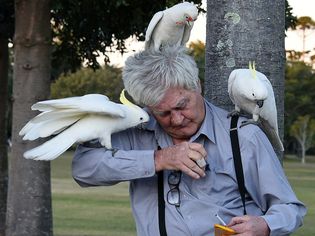
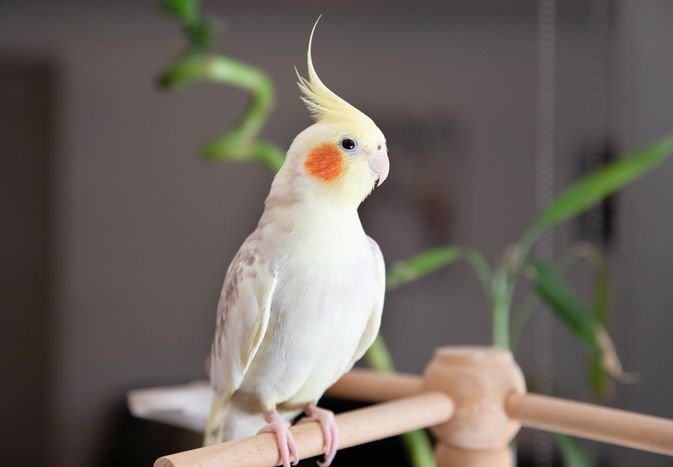
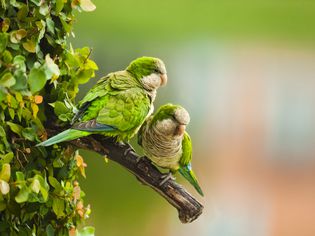
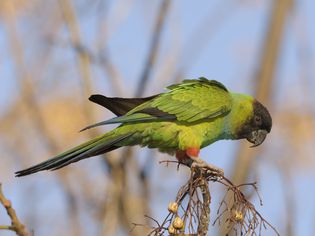
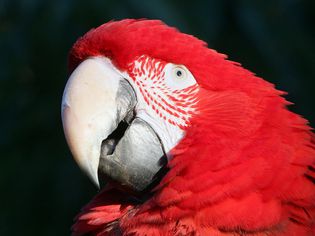
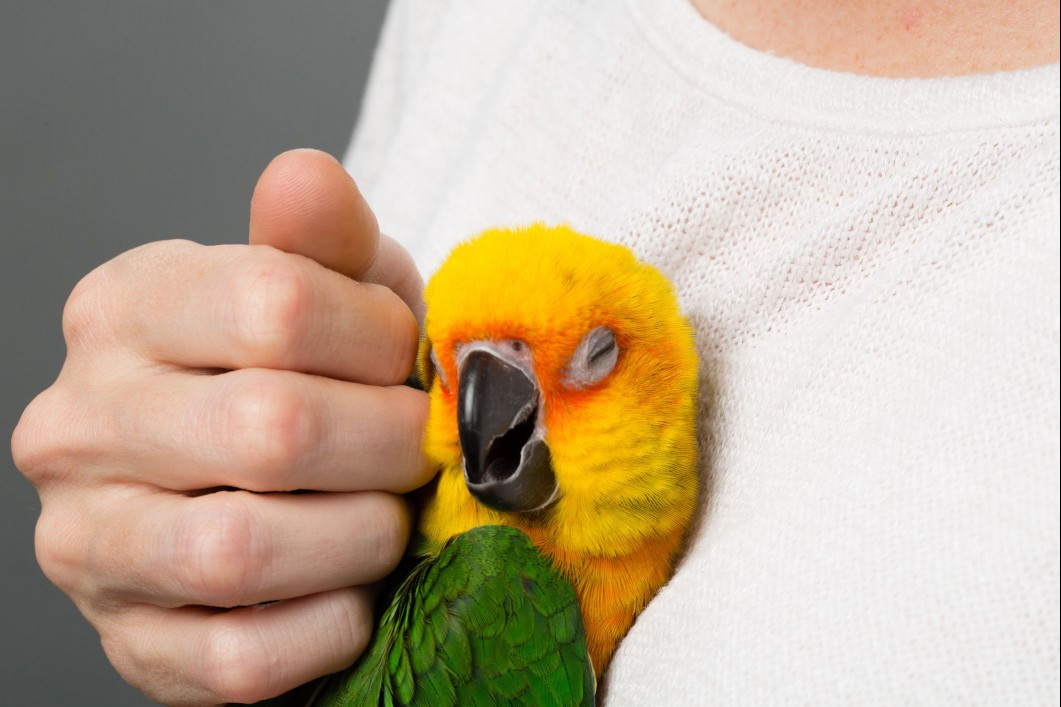
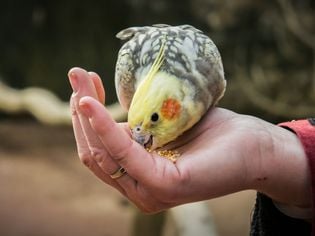
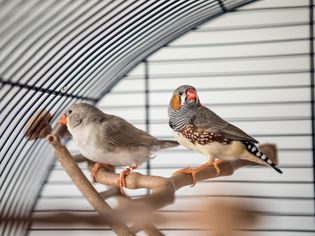
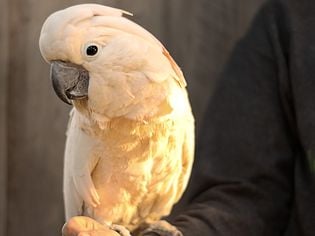
Comments on " Causes of Regurgitation in Birds" :